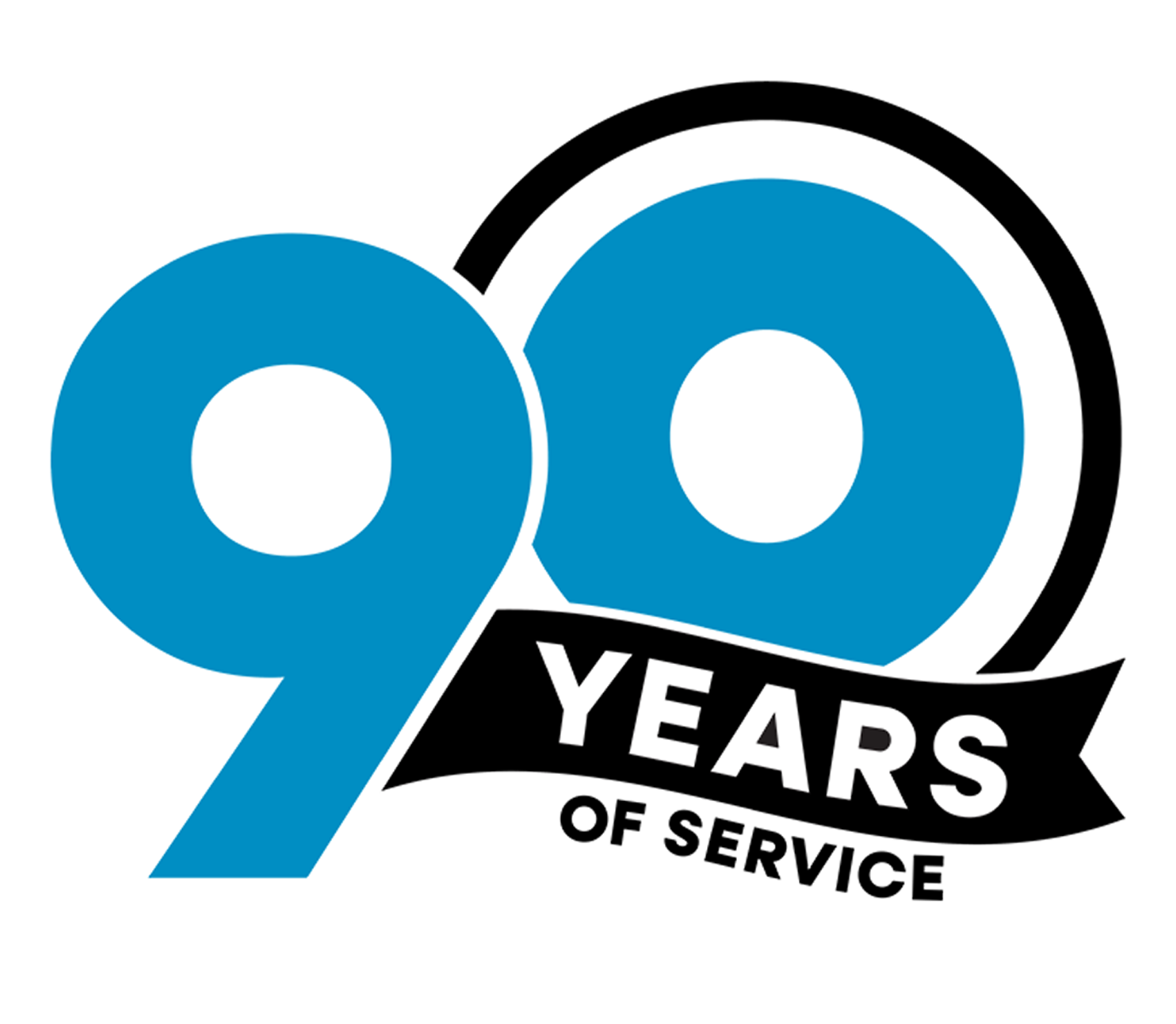Lately, financial independence has been a trending topic on money blogs and social media platforms like TikTok—and it’s not hard to see why. In times of economic uncertainty, freedom from money stress sounds dreamy.
So, if you’re daydreaming about ditching money stress, there’s no better time to tackle debt. Paying off what you owe is one of the most powerful steps you can take toward financial freedom. After all, less debt means less stress, and more room to save, invest, and build the kind of future you actually want.
How to Pay off Debt Faster
Tackling debt can feel overwhelming. So, make it easier on yourself by breaking it down into simple, doable steps.
1. Know What You Owe
Before you can make a plan, you need a clear picture of your debt. So, list everything, including who you owe, how much you owe, the interest rate, and your minimum monthly payment.
It’s probably going to feel uncomfortable, but knowledge = power. And once you see it all in one place, you can start to take control.
2. Pick Your Payoff Strategy
There’s no one “right” way to tackle debt, but here are two popular approaches that work:
A. The Snowball Method
Start with your smallest balance first. Pay as much as you can on that one while making minimum payments on the rest. Once it’s paid off, roll that payment into the next smallest debt. Each win gives you momentum.
B. The Avalanche Method
Focus on the debt with the highest interest rate first (usually credit cards). You’ll pay less in interest over time, which can save you money in the long run.
C. Debt Consolidation or HELOC
If you have good credit and steady income, consolidating your debt with a personal loan or Home Equity Line of Credit (HELOC) can simplify your payments—and may lower your interest rate. Just keep in mind: these strategies only work if you avoid taking on new debt, and a HELOC uses your home as collateral, which adds risk if you’re unable to repay.
3. Build it Into Your Budget
Once you’ve picked a strategy, it’s time to make it part of your monthly routine. Look at your income and expenses to figure out how much you can realistically put toward your debt each month. Then, treat that payment like a bill you never skip.
And don’t forget to check your progress regularly. Watching your balances go down (even little by little) can boost your motivation and help you stay on track. Every payment gets you one step closer to financial freedom.
Make It Go Faster
Want to speed things up? Try these smart, low-risk strategies:
- Pay more than the minimum on any loan or credit card balance. Even an extra $20 can make a difference.
- Use windfalls wisely. Tax refund? Birthday money? Apply it to your debt.
- Cut back (just a little). Even temporarily. Cooking at home more often or pausing subscriptions can free up extra cash for payments.
- Avoid taking on new debt. It’s hard to move forward if you’re also adding more to the pile.
A Word on Higher-Risk Options
If you’re carrying debt, chances are you’re already seeing ads for balance transfer credit cards, debt consolidation loans, or “quick fix” repayment plans. These tools can help in some situations, but they also come with real risks.
For one, scammers and predatory lenders often prey on people in financial stress. Even so-called “legitimate” debt relief companies typically charge high fees and can damage your credit score.
Debt consolidation loans might simplify your payments, but they only work if you avoid racking up new debt on top of the loan. And balance transfer credit cards? Sure, 0% interest sounds great, but those offers often include hefty transfer fees. Even worse, the rate can skyrocket once the promo period ends if you haven’t paid it off in full.
So, if you’re thinking about one of these options, do your homework. And before you commit, talk with a trusted financial counselor who can walk you through the pros and cons.
It’s Not Just About the Money
Paying off debt is a big deal. Yes, it makes your bank account happier, but the joy of financial independence isn’t about being wealthy, it’s about feeling secure, less stressed, and more in control of your future. When you pay down debt, you have the freedom to make choices about the things that matter most. It doesn’t happen overnight, but every payment gets you one step closer.
The good news is, you don’t have to go it alone. Whether you need guidance, tools, or a boost of motivation, we’re here to help you pay down debt faster and move toward financial independence. And, as a Maps member, you have free access to GreenPath Financial Wellness. Their certified experts can help you make a personalized debt payoff plan and explore options for managing your money more efficiently. They even offer free workshops and classes.
Want more credit reduction tips?
- Learn how to spot and avoid debt relief scams.
- Find out how to get a credit report and use it.
- Take our “What is Your Budget Personality?” quiz to find the best budget strategy for your lifestyle.

